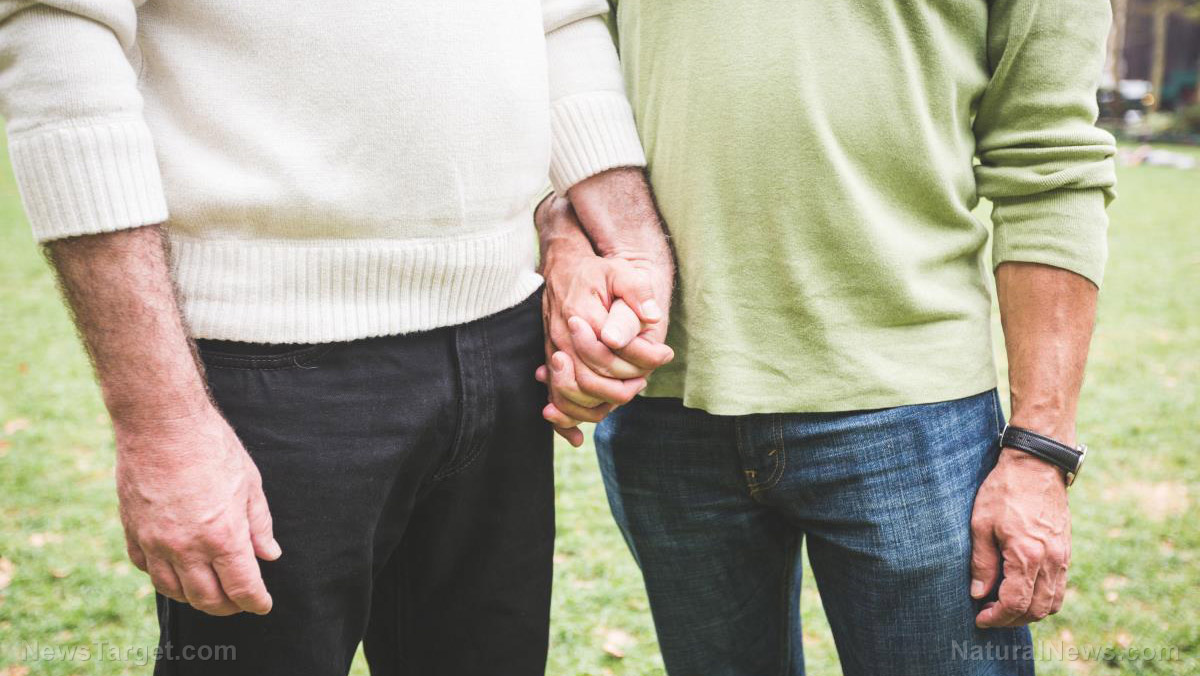The faster you walk, the longer you’ll live: Researchers find link between longevity and brisk walking pace
11/18/2019 / By Grace Olson

Walking faster may add years to your life – no matter how much you weigh, a recent study has found. Conducted by researchers from the National Institute for Health Research (NIHR) Leicester Biomedical Research Centre – a collaboration between Leicester’s Hospitals, the University of Leicester and Loughborough University – and published in Mayo Clinic Proceedings, the study affirmed that walking speed is linked to longevity. Even after considering weight, the researchers found that those who walked faster had longer lives while slow walkers had shorter life expectancy.
They suggested that there might be a need to rethink previous conceptions on weight and longevity. Instead, they focused on the need for better physical fitness in order to have longer lives.
Walking speed linked to longevity regardless of weight
Several studies have explored the connection between walking speed and lifespan. One study published in the Journal of the American Medical Association found that walking speed, along with age and sex, was a reliable predictor of life expectancy. Another study found that risk of mortality decreases with higher walking intensity and increases with low walking pace.
The researchers in this study added another variable: weight. A person’s body mass index (BMI) has long been an indicator of longevity. BMI refers to the ratio of a person’s weight with respect to his/her height. The common perception is that a person with higher BMI weight has an increased risk of all-cause mortality (especially cardiovascular disease) while a person with lower BMI is generally healthier. However, the researcher’s findings may prove otherwise.

The researchers analyzed data from 474,919 people whose information were collected through the UK Biobank. The people had a mean age of 52.
Their findings revealed that compared to slow walkers, people who walked faster were more likely to have longer lifespans:
- Life expectancy of fast walkers
- Women: 86.7 to 87.8 years
- Men: 85.2 to 86.8 years
- Life expectancy of slow walkers
- Women: 72.4 years
- Men: 64.8 years
Most surprisingly, the ratio held true across all weight levels, including those who were underweight and severely overweight. In fact, researchers found that the category with the shortest life expectancy was underweight individuals who walked slowly. (Related: Reduce your risk of developing Alzheimer’s by walking FAST and OFTEN.)
Researchers noted that walking speed is a sign of physical fitness. They called into question long-standing beliefs associating weight with longevity. While BMI does contribute to a person’s overall health, their findings revealed that physical fitness is a better indicator of health.
Their study suggests that engaging in brisk walking can add years to a person’s life expectancy regardless of weight.
Brisk walking: Getting started
The study makes it clear that everyone can benefit from brisk walking. Not only is it easy to do and accessible, it is also free. Take the time to walk a couple of times a week and see its benefits.
Improving walking technique
Brisk walking is simple enough to do – just walk at a fast pace. However, there are some things that can improve a person’s posture to make them last longer:
- Keep your head up and look forward.
- Relax your neck, shoulders, and back.
- Swing your arms freely with a slight bend to your elbows.
- Tighten your stomach muscles slightly and keep your back straight.
- Do not stomp. Smoothly roll your weight from heel to toe.
Setting up a walking routine
It can be difficult to start a habit, especially when there doesn’t seem to be enough time. Here are some things that can help you set a walking routine:
- Set realistic goals. Adjust the intensity and duration of your walk according to your needs. If you’re not used to it yet, you can start at 10 minutes a day. When you have become more comfortable, increase the duration.
- Invest in the right gear. Choose closed shoes with proper arch support and thick soles. Wear comfortable clothes that are appropriate for the weather.
- Choose where to walk. Avoid areas with a lot of cars or traffic. Choose a course that is enjoyable to walk in, like a park or a quiet neighborhood.
- Cool down and stretch. After walking, let your muscles rest to cool down. Gently stretch them afterward.
Brisk walking is an easy way to achieve better physical fitness. Try brisk walking to reap its benefits and increase longevity.
Sources include:
Submit a correction >>
Tagged Under:
anti-aging, anti-obesity, brisk walking, cardiovascular health, fightobesity, fitness, heart health, life expectancy, long life, longevity, research, slender, walking exercise, weight loss
This article may contain statements that reflect the opinion of the author





















